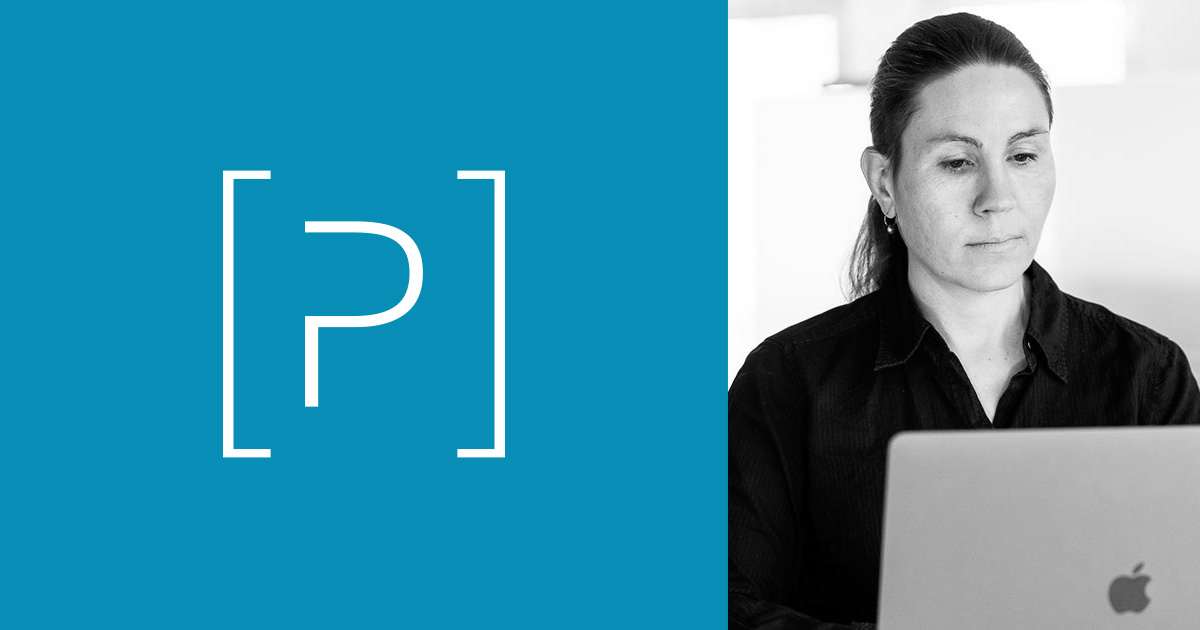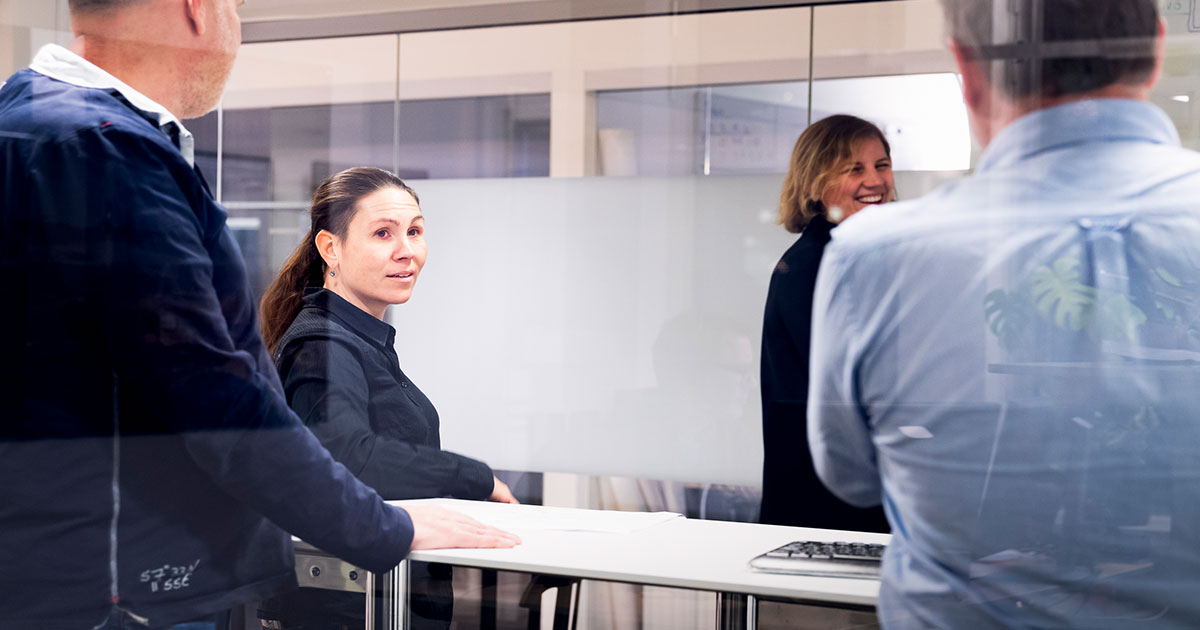
Tell us a little bit about yourself.
Well, the rest of the team would probably describe me as very positive about my work and colleagues. But they would also say that I’m the one who always asks the critical questions and is the first to say, “I can see so many ways this can go wrong.” They would probably also mention that I tell one too many bad dad jokes.
I have worked as a software developer for 20 years, which is almost my entire professional life. A lot has happened in software development since I first started. You honestly couldn’t build very cool or smart things then, but today almost anything is possible. I have to say that it’s one of those things that only makes it more and more fun to work as a developer—that there are constantly new ways to innovate and build solutions that our users need.
What’s the path that led you to working at Paliscope?
It was the summer of 2018, when a former colleague asked if I’d be interested in joining the company. I was quite happy with where I was then, so I wasn’t really looking for a new job. But Paliscope changed all of that, and in November 2018 I joined the team—something I’m very happy about. Not only do I get to work with brilliant people and the latest technology every day, but—most importantly—I get to work with something that really helps to create a safer and better society.
So, what would you say is the most rewarding part of your day-to-day work?
Definitely the satisfaction of working with a product that makes a huge positive impact. In the end, I think we all want to feel like we are doing something that’s meaningful. And for me, in my work, that thing is developing stuff that empowers our users so that they can be more efficient at preventing and solving crimes. For example, we have a lot of users who work with investigating and putting a stop to the sexual abuse of children. Working at Paliscope, I get to help contribute to that work. I believe there are few tech companies that can give you that rewarding feeling.

Of course, as a tech nerd, I must also say that it’s the technology itself that I find rewarding. The advantage of a desktop application like Paliscope is that we don’t have such a strict framework to abide by. This means that we are quite free to innovate and build cool new features that solve the problems our user face—although, as with all software development, it is a challenge to make it work exactly as we want. But that’s also part of the job’s charm.
What do you consider to be your most important skill in your role as a Developer at Paliscope?
That I love solving problems and finding new, innovative solutions. The fact that I think problem-solving is fun is helpful when it comes to developing software considering that, more often than not, you encounter challenges along the way. Namely, programs can behave pretty mysteriously at times. I don’t see it as a bump in the road but, rather, a riddle to be solved. That feeling when you finally find the solution is amazing.
Are there any new platform features that you are especially happy about this year?
The first thing that comes to mind is the Visualize mode in Discovry. A feature that we can see is of great benefit to our users. It provides users with such a great overview and helps them understand what it is they’ve actually discovered. It gives users an overview of the different steps they have taken, where they started, how the case has developed, and lets them easily identify any gaps or loose ends in their research.
Another thing that I am actually a little extra proud of, which can maybe seem a little less cool, is the Import/Export function. Although it ultimately appears as something as simple as a button in the product, it’s one of the most complex things we have developed to date. And, for our users, it means that they can now easily share cases—and save quite a lot of time compared to doing it manually.
Finally, can you share any future developments in the roadmap that you are excited about?
We have A LOT of cool stuff coming up. But I would say that new tech integrations is what excites me the most. Making it possible to get information from other systems is both fun and evolving. We plan to make it possible to bring in anything—whatever our users need and want. We want to make it possible for users to easily access the systems/services they need in their daily work. What does all that give the user? More power to do their job.
Thank you Kris!





